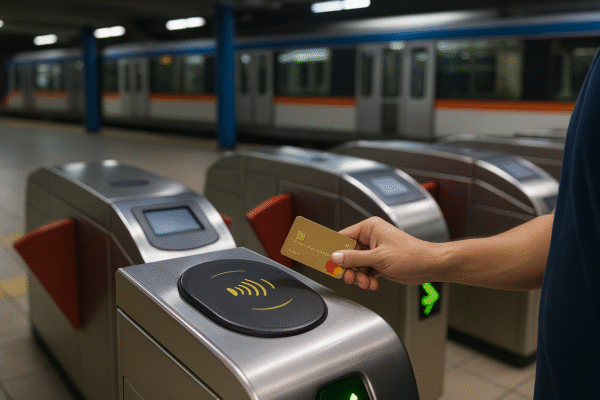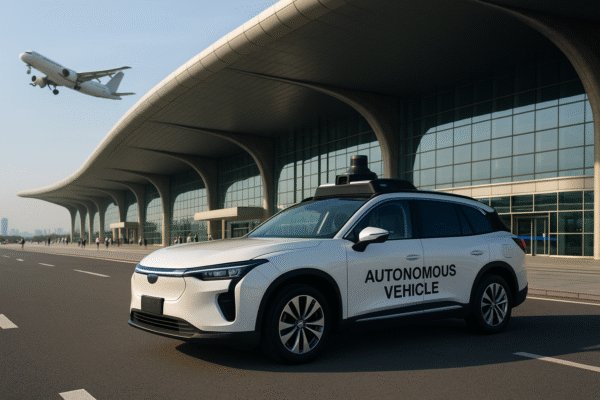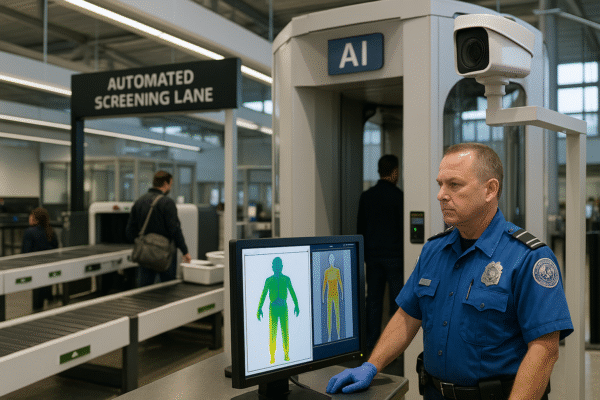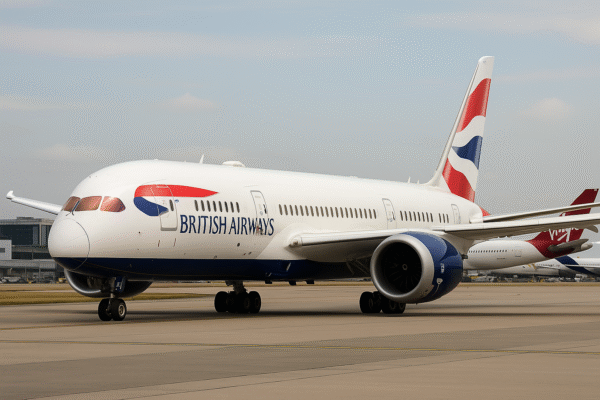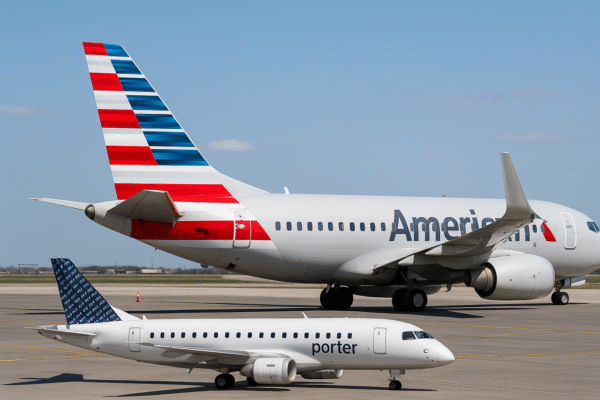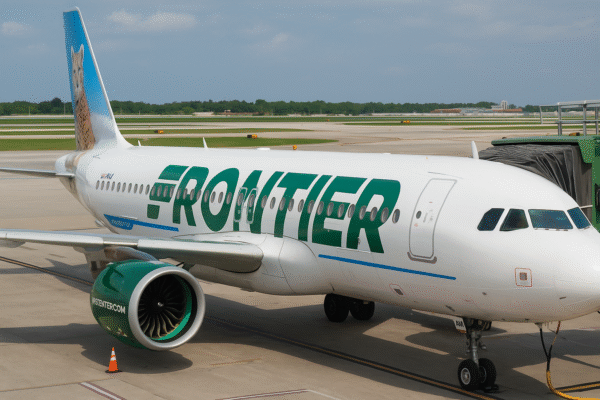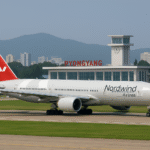Manchester Airport’s Barrier-Free Drop-Off System Sparks Confusion and Fines for UK Drivers
A major rule change at Manchester Airport is catching UK drivers off guard and leaving many at risk of receiving hefty fines. The airport has scrapped exit barriers in its drop-off zones as part of a wider initiative to modernize traffic flow and reduce congestion. However, this shift to a barrierless system has unintentionally triggered widespread confusion, especially among motorists unfamiliar with the new payment process—resulting in unexpected Parking Charge Notices (PCNs) of up to £100.
The change took effect in March 2025 and has since raised concern across the UK. With no physical exit barriers to stop vehicles, drivers are expected to pay their drop-off fees online after they have left the airport premises. Those who forget or are unaware of this requirement risk being issued a PCN by private parking enforcement firms contracted by the airport.
This new self-managed system marks a significant shift from the traditional model where drivers paid at pay stations or exit booths. Now, motorists must proactively log onto the airport’s payment platform—often via mobile app or website—within a specific time frame to avoid penalties. While the goal of this digital overhaul is to streamline traffic around terminals, the lack of exit checkpoints has removed a key safeguard that previously ensured compliance.
UK-Wide Airport Trend: Barrierless Drop-Off Zones
Manchester isn’t alone. Research shows that at least seven major UK airports—including Birmingham, Stansted, and East Midlands—have adopted similar barrier-free systems in 2025. Airports are under increasing pressure to improve road traffic flow and passenger drop-off efficiency during peak travel seasons. Removing exit barriers was intended as a modern solution, but it has introduced complications for motorists.
According to a recent survey by motoring association IAM RoadSmart, 2.4 million UK drivers have already received fines in airport drop-off and pick-up zones—many due to misunderstandings about payment expectations. The organization emphasizes that these new systems transfer the full responsibility of compliance onto the driver, with little room for error.
Survey Shows Rising Driver Stress and Payment Confusion
A survey conducted in June 2025 among 2,000 UK motorists highlighted mounting anxiety surrounding airport drop-offs. About 21% of respondents reported that the absence of barriers made the experience more stressful. Respondents cited concerns over how easily one could forget to pay once leaving the busy airport environment, especially when managing luggage, children, or tight schedules.
In many cases, signage regarding the new rules has been criticized as unclear or insufficient. Drivers unfamiliar with digital-only payment platforms are particularly vulnerable. While some airports offer automatic number plate recognition (ANPR) to trigger payment reminders, others still rely solely on the driver’s initiative.
IAM RoadSmart has called on airport authorities to improve communication strategies. Suggestions include enhanced roadside signage, proactive notifications through apps, and information leaflets at terminal entrances.
Regional Differences in Implementation
Some airports have managed the transition more effectively than others. London Heathrow and Gatwick, for example, still use barrier systems or include clear physical checkpoints where payment must be completed. In contrast, airports like Manchester and Birmingham now rely entirely on digital self-service.
Manchester Airport has stated that the move is part of a larger £1.3 billion transformation programme, which includes improvements to terminal infrastructure, sustainability features, and digital services. Airport authorities claim the barrierless model reduces queues, emissions, and the need for on-site staff. However, critics argue that in the absence of sufficient user education, the model disproportionately penalizes those unaware of the changes.
What UK Drivers Should Know
Drivers planning to use Manchester or other similarly structured airports should take the following steps to avoid fines:
- Pre-register with the airport’s parking system where possible.
- Set payment reminders on their phones immediately after drop-off.
- Use official airport websites or mobile apps for payment, typically within 24 hours.
- Read signs carefully upon entering drop-off zones, as rules vary slightly by airport.
- Avoid third-party payment platforms unless officially recommended.
Failure to adhere to these guidelines can result in a PCN of up to £100, which may be reduced to £60 if paid within 14 days. However, many motorists report never receiving a payment notice until well after the penalty window has passed.
Looking Ahead: Calls for Reform and Standardization
Motoring groups and local MPs are calling for better standardization across UK airports. Many argue that a nationwide code of conduct or centralised drop-off payment system would reduce confusion and protect drivers from unfair fines.
Some experts suggest that airports should reintroduce physical reminders such as digital display boards, exit beeps, or printed receipts to bridge the gap between convenience and compliance.
In response to growing backlash, Manchester Airport has hinted at potentially expanding its mobile payment system with optional real-time alerts. However, no formal announcement has been made as of July 2025.
Final Word
While Manchester Airport’s barrierless drop-off system may ease congestion, it comes at the cost of clarity and convenience for drivers. Until better public communication and infrastructure catch up with these changes, UK motorists should proceed with caution, double-check payment rules, and stay informed to avoid costly penalties. As more airports adopt similar systems, understanding these rules will be crucial for all travelers.
For more travel news like this, keep reading Global Travel Wire


